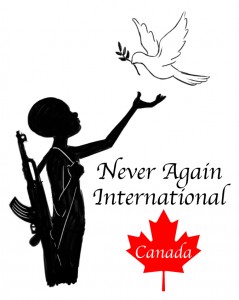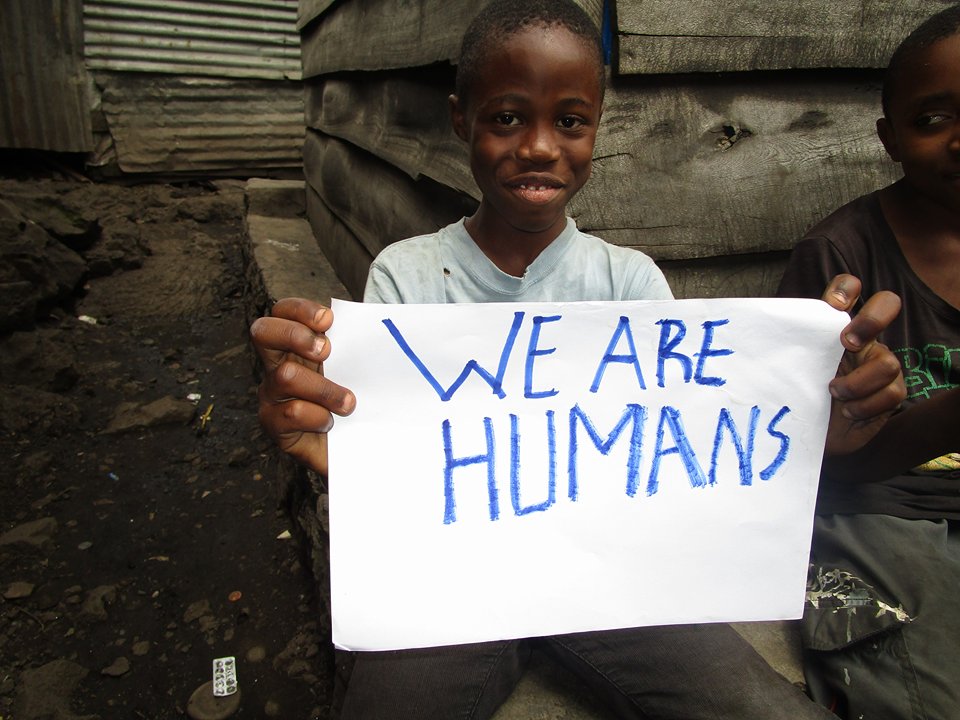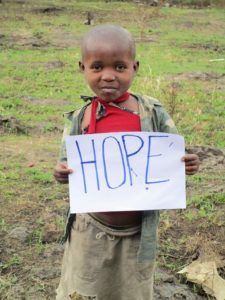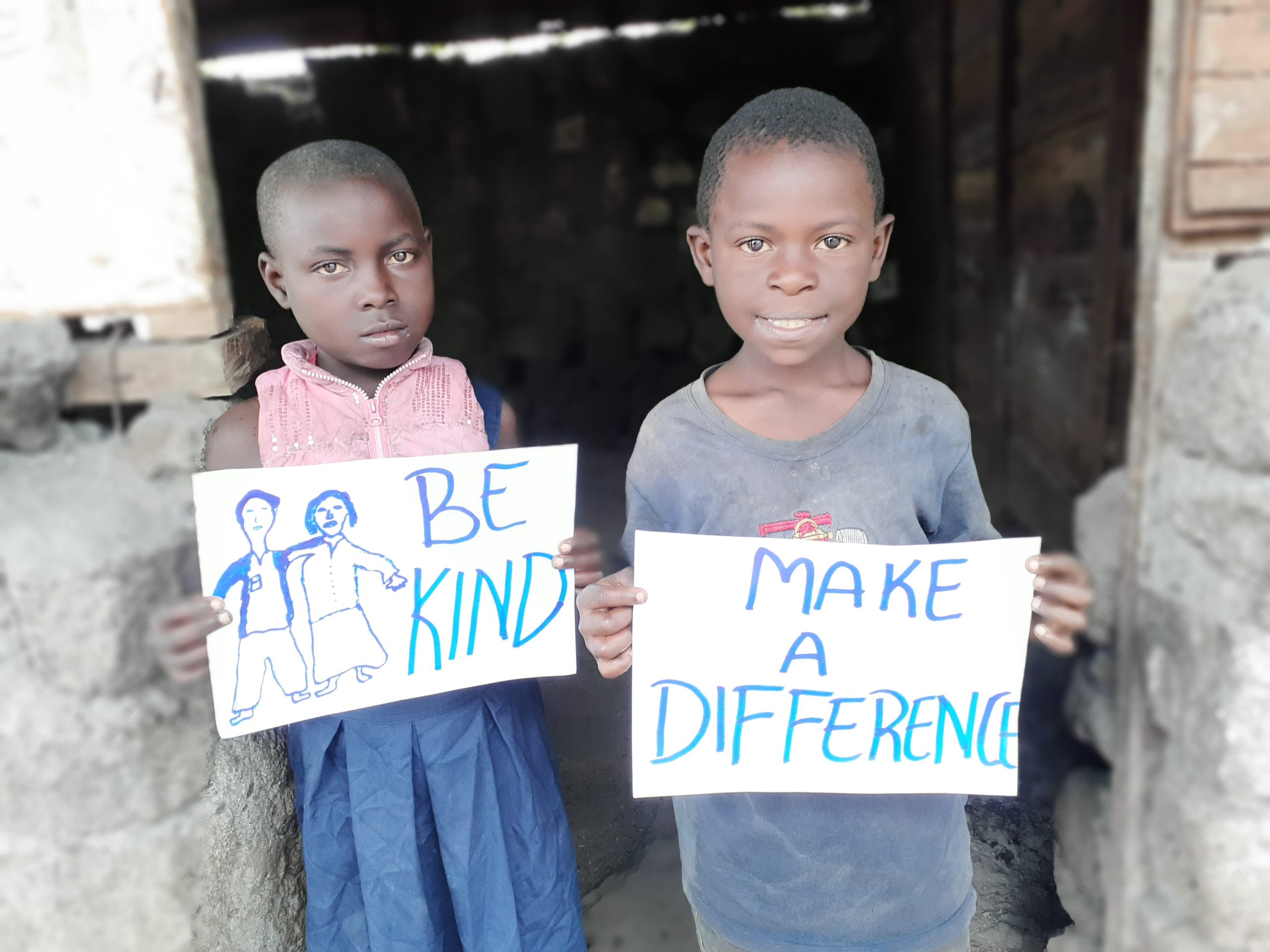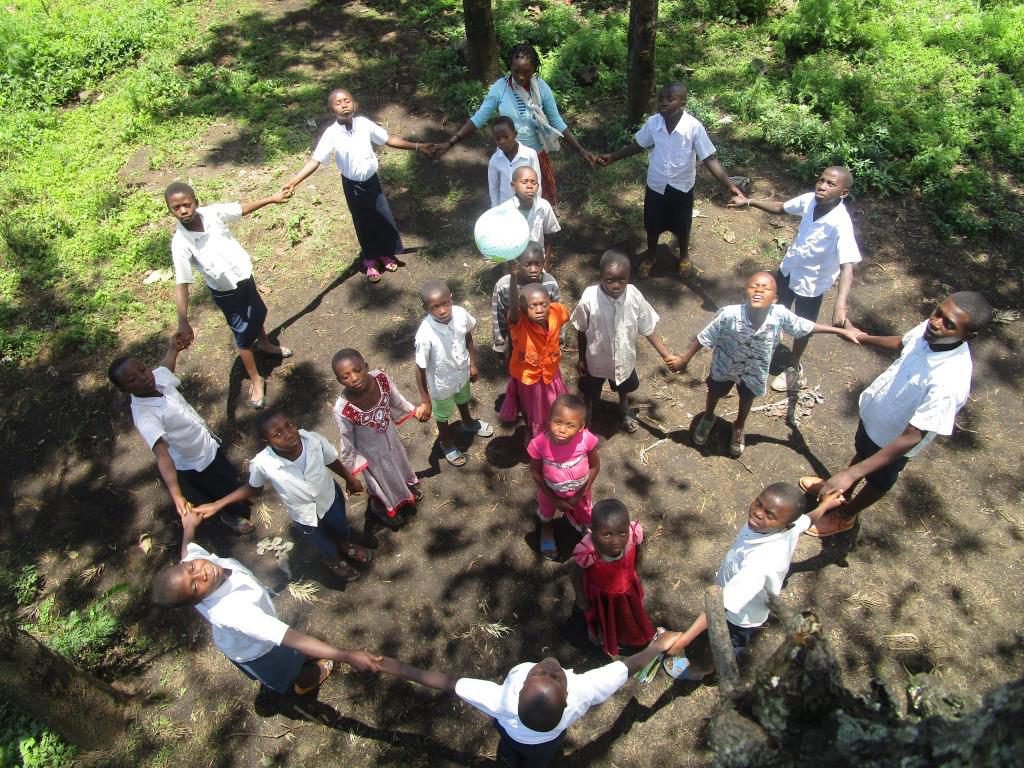Ending the Exploitation of Child Soldiers as Weapons of War
Listen to a conversation with Roméo Dallaire on the need to stop the use of children as weapons of war.
“If you’re ready to recruit children to do your fighting, there is no limit to what you can make them do, and there’s no limit to where you are prepared to go in regards to abusing human rights.”
“If you see significant recruitment of child soldiers in a conflict zone, … it can rapidly degenerate into mass atrocities or genocide.”
Marking the 20th anniversary of the mandate to protect children affected by war
This year we mark the 20th anniversary of the mandate to better protect children affected by conflict. The way we treat children has a great impact on the peace and development of the future.
This past February, distinguished speakers gathered at UN headquarters to discuss concrete ways to strengthen the protection of children in armed conflict including in the context of the 2030 agenda.
The panel reviewed the achievements of the children and armed conflict mandate over the past 20 years and discussed ways to promote assistance, rehabilitation, health care and education to children affected by armed conflict.
Watch the recording of the proceedings that include talks from:
H.E. Mr. Peter Thomson, President of the 71st Session of the United Nations General Assembly
Ms. Maria Luiza Ribeiro Viotti, Chef de Cabinet of the Secretary-General
H.E. Ambassador Olof Skoog, Permanent Representative of Sweden to the United Nations, Chair of the Security Council Working Group on Children and Armed Conflict
Ms. Leila Zerrougui, Special Representative of the Secretary-General for Children and Armed Conflict
Mr. Anthony Lake, Executive Director, UNICEF
Mr. Miroslav Jenča, Assistant Secretary-General for Political Affairs
Mr. El Ghassim Wane, Assistant Secretary-General for Peacekeeping Operations
Ms. Ilwad Elman, Director of Programs and Development, Elman Peace and Human Rights Centre, Somalia
Mr. Forest Whitaker, Artist, UNESCO Special Envoy for Peace and Reconciliation and SDG Advocate
“Among the incomprehensible horrors that take place in the chaos of war zones, unconscionable crimes, violations, exploitation and abuse are perpetrated against the most vulnerable members of our societies – namely our children,” ~ Peter Thomson, President of the 71st Session of the United Nations General Assembly
Olof Skoog, Chair of the Working Group On Children and Armed Conflict, emphasizes the need to give children a voice to be agents of change.
“Children don’t belong on the battlefield, they belong in school where they can build a future,” ~ UNICEF Executive Director Tony Lake
“How society treats young people is an indicator for how that society will be able to sustain peace.”
“Children unacceptably continue to bear the biggest burden in conflict situations.” ~ Nannette Ahmed
Child soldier advocate Ilwad Elman speaks about the “Drop the gun, pick up the pen initiative” that empowers agents of peace in Somalia.

“The world can never be of peace if we do not protect our children.” ~ Forest Whitaker

“Conflict prevention and sustaining peace is something we will have to do while working with children.”

“Children should not be recruited and used in armed conflict.”
Book Review: A Long Way Gone: Memoirs of a Boy Soldier

Ishmael Beah was a young twelve-year-old boy living in a village in Sierra Leone doing the things any young boy would do. That was about to change when the notorious bloodthirsty rebels of the Revolutionary United Front attacked his village leaving horror and death in the aftermath. Trying to escape, he was eventually caught by rebel forces and was pumped with drugs, images from the movie Rambo, and brainwashed. It was then Ishmael was forced to do the unthinkable: killing others.
It is estimated that over 300,000 child soldiers fighting in various conflicts worldwide – the majority of them in Africa. Children robbed of their homes, families, and of their very lives. There have been many resolutions and initiatives against the use of child soldiers, most notably the report by Graça Machel, the former first lady of Mozambique, in 1996. For a lot of people, there is a will among them to stop the use of child soldiers and that one day, it will be a thing of the past. Sadly, Ishmael’s story is not the first and will not be the last on the devastating experience of a child soldier.
As I read this book, many questions popped up: How could such a thoughtful and kind-hearted boy be capable of such monstrosity? Who in their right mind would force a child to pick up a rifle and kill without a second thought? I know the answers to these questions, but they rest very uneasily on my mind.
Ishmael is one of the lucky ones who managed to escape and become an advocate for the hundreds of thousands of children being used as weapons in wars created by adults. “A Long Way Gone” is a brutal but beautifully written memoir of survival, redemption and renewal. If anyone wants to understand the affects of war and the plight of child soldiers, then this is the book to read.
Reviewed by Never Again International – Canada Chapter Youth Coordinator in Florida, Ruth Gonzalez
